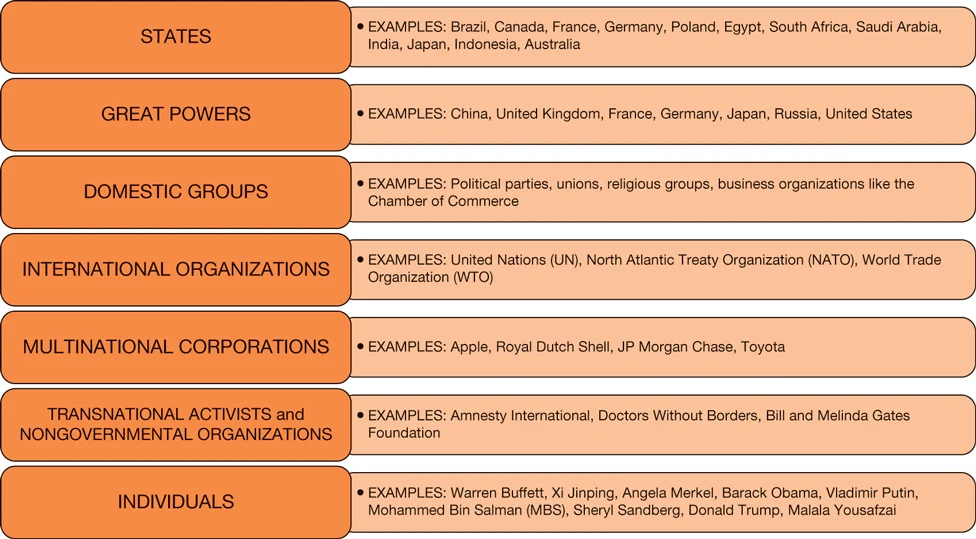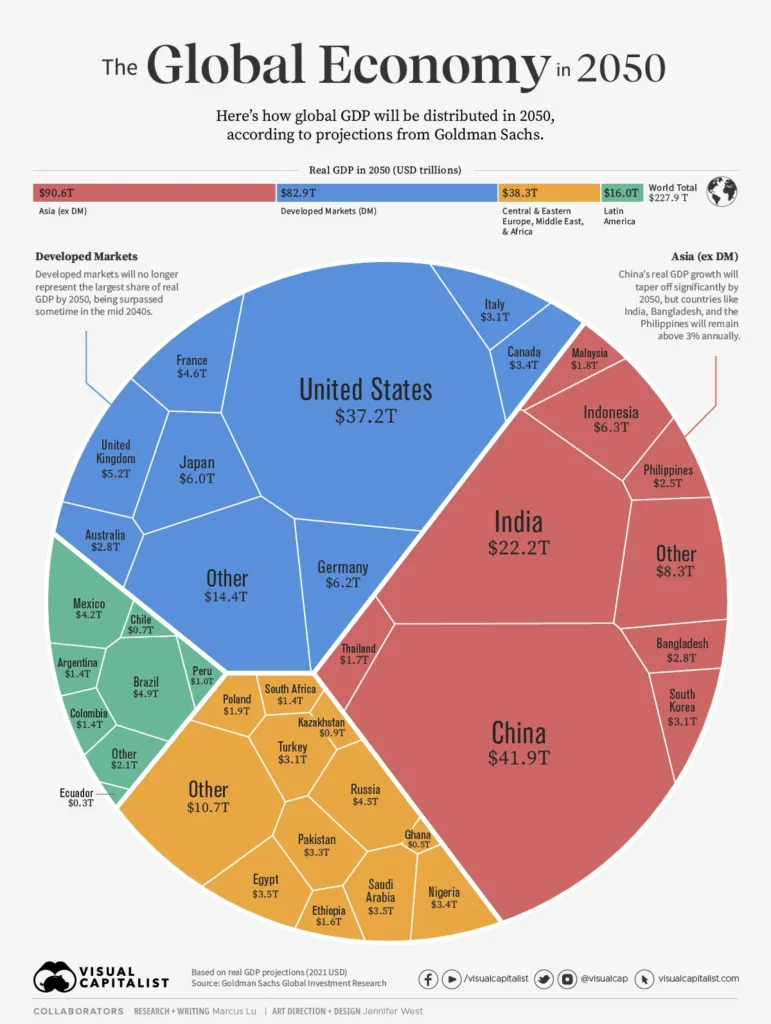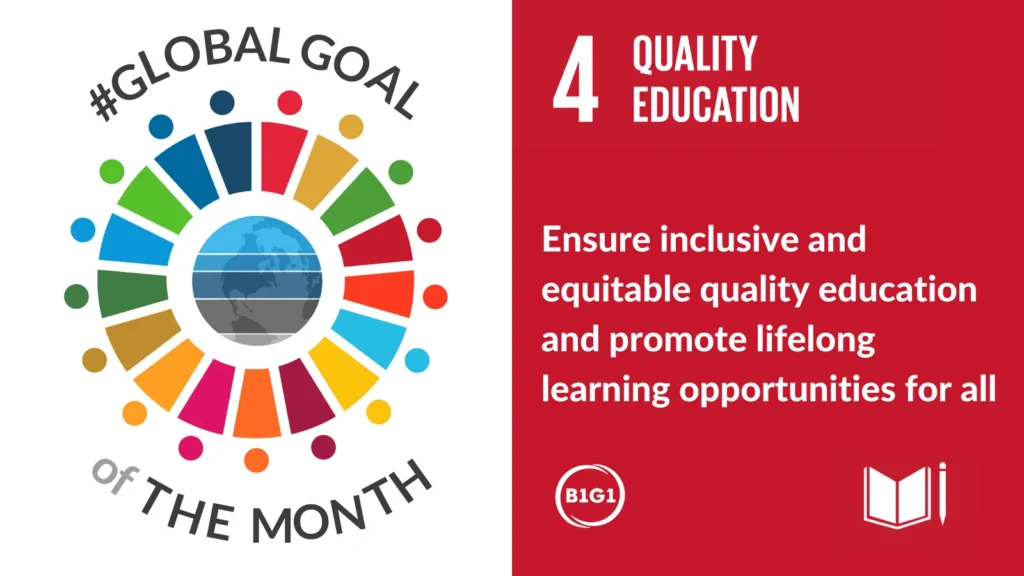International Relations: Key Players and Their Influence play a crucial role in shaping the global political landscape. Major world powers such as the United States, China, Russia, and the European Union hold significant influence over international affairs. These key players impact global policies, trade agreements, security issues, and diplomatic relations, shaping the dynamics of the world stage.
The dynamics of global political landscape are shaped by influential actors and their impact. Major world powers such as the United States, China, Russia, and the European Union hold significant sway over international affairs. These influential players have a strong impact on global policies, trade agreements, security issues, and diplomatic relations, shaping the dynamics of the world stage.
1. United States
The United States is a dominant player in international relations, with significant influence on global politics, economics, and security. As a superpower, the U.S. plays a key role in shaping international agreements, resolving conflicts, and providing foreign aid to countries in need. Its military, economic, and diplomatic power make it a major force in global affairs, and its decisions and actions have far-reaching consequences for other nations.
With its extensive network of alliances and partnerships, the United States has the ability to shape the international agenda and influence the behavior of other countries. Its involvement in multilateral organizations such as the United Nations, NATO, and the World Trade Organization further enhances its influence on the global stage.
2. China
China has emerged as a major player in international relations, with its growing economic power and expanding global influence. As the world’s second-largest economy, China’s decisions on trade, investment, and foreign policy have significant implications for the rest of the world. The country’s Belt and Road Initiative, which aims to enhance infrastructure and connectivity across Asia, Africa, and Europe, is a testament to China’s ambition to exert influence beyond its borders.
China’s diplomatic efforts, military modernization, and participation in international organizations have also positioned it as a key player in addressing global challenges such as climate change, peacekeeping, and development. Its relationship with other major powers, particularly the United States, has a major impact on the dynamics of international relations.
3. European Union
The European Union (EU) is a significant player in international relations, representing a collective voice for its member states on various global issues. As a major economic bloc, the EU has substantial influence in trade negotiations, investment policies, and regulatory standards. Its commitment to multilateralism and diplomacy has made it a key player in resolving conflicts and promoting human rights and democracy worldwide.
The EU’s role in addressing migration, security, and climate change has also solidified its position as a key player in international affairs. Its partnerships with other regions and organizations, as well as its emphasis on soft power through cultural and educational exchanges, contribute to its influence on the global stage.
4. Russia
Russia is a major player in international relations, with significant influence in global security, energy markets, and geopolitical dynamics. As a permanent member of the United Nations Security Council, Russia wields veto power on key international issues, giving it a strong voice in matters of conflict resolution and peacekeeping.
Russia’s military interventions, particularly in regions such as Syria and Ukraine, have had a significant impact on the balance of power in international relations. Its energy exports, particularly natural gas, also give it leverage in shaping the economic and political landscape of Europe and beyond.
5. United Nations
The United Nations (UN) plays a crucial role in international relations as the preeminent multilateral organization responsible for maintaining peace and security, promoting human rights, and coordinating global development efforts. With 193 member states, the UN provides a forum for countries to address global challenges and work towards collective solutions.
The UN’s specialized agencies, such as the World Health Organization, UNICEF, and the International Atomic Energy Agency, carry out essential work in areas such as public health, humanitarian aid, and nuclear non-proliferation. The UN Security Council, with its five permanent members and ten rotating members, holds significant influence in matters of international security and conflict resolution.
6. India
India is a rising power in international relations, with a growing economy and increasing influence in global affairs. As the world’s largest democracy, India’s foreign policy priorities include promoting regional stability, economic growth, and strategic partnerships with other major powers.
India’s participation in multilateral forums such as the G20, BRICS, and the Indian Ocean Rim Association reflects its commitment to engaging with the international community on a wide range of issues, from trade and investment to climate change and security. Its role in South Asian affairs and its relations with countries in the Asia-Pacific region also contribute to its influence on the global stage.
7. Middle East
The Middle East is a complex and influential region in international relations, characterized by a combination of geopolitical, economic, and security dynamics. The region’s significant energy resources, particularly oil and natural gas, give it strategic importance in global energy markets and international politics.
The Middle East is also a focal point for major international issues such as conflict, terrorism, and the Israeli-Palestinian conflict. The actions and decisions of countries in the Middle East, as well as non-state actors such as militant groups and transnational organizations, have far-reaching implications for global stability and security.
8. Japan
Japan is a key player in international relations, with a strong economy, technological innovation, and strategic alliances with other major powers. As a leading democracy and a major contributor to global development and humanitarian aid, Japan plays a significant role in promoting peace, stability, and prosperity in the Asia-Pacific region and beyond.
Japan’s participation in multilateral organizations such as the G7, G20, and the United Nations reflects its commitment to addressing global challenges and shaping international norms and rules. Its partnerships with countries in the region, particularly the United States, China, and South Korea, also contribute to its influence on the global stage.
9. Brazil
Brazil is a major player in international relations, with its large and diverse economy, regional leadership in Latin America, and active engagement in global governance. As a member of the BRICS group of emerging economies, Brazil has sought to shape international economic and development policies while also addressing global challenges such as climate change and peacekeeping.
Brazil’s diplomatic efforts, particularly in South America and Africa, have positioned it as a key actor in regional and global affairs. Its participation in multilateral organizations such as the United Nations and the World Trade Organization further enhances its influence on the international stage.
10. Non-State Actors
Non-state actors, including multinational corporations, non-governmental organizations (NGOs), and terrorist groups, play a significant role in international relations and have the potential to influence global outcomes. Multinational corporations have substantial economic power and can shape trade policies, investment patterns, and technological innovation on a global scale.
NGOs contribute to global governance by advocating for human rights, environmental protection, and humanitarian assistance, often influencing the policies and actions of states and international organizations. On the other hand, terrorist groups and transnational criminal organizations pose significant challenges to international security and stability, requiring coordinated efforts by states and multilateral organizations to address their activities.
| Key Player | Influence |
|---|---|
| United States | Superpower with significant economic, military, and political influence globally. |
| China | Rising economic and military power challenging the US dominance, especially in Asia. |
| European Union | Important economic and political actor, representing a unified voice for its member states. |
| Russia | Major player in global politics with influence in Eastern Europe, Central Asia, and the Middle East. |
| United Nations | International organization aiming to maintain peace and security, promote human rights, and provide humanitarian aid. |




